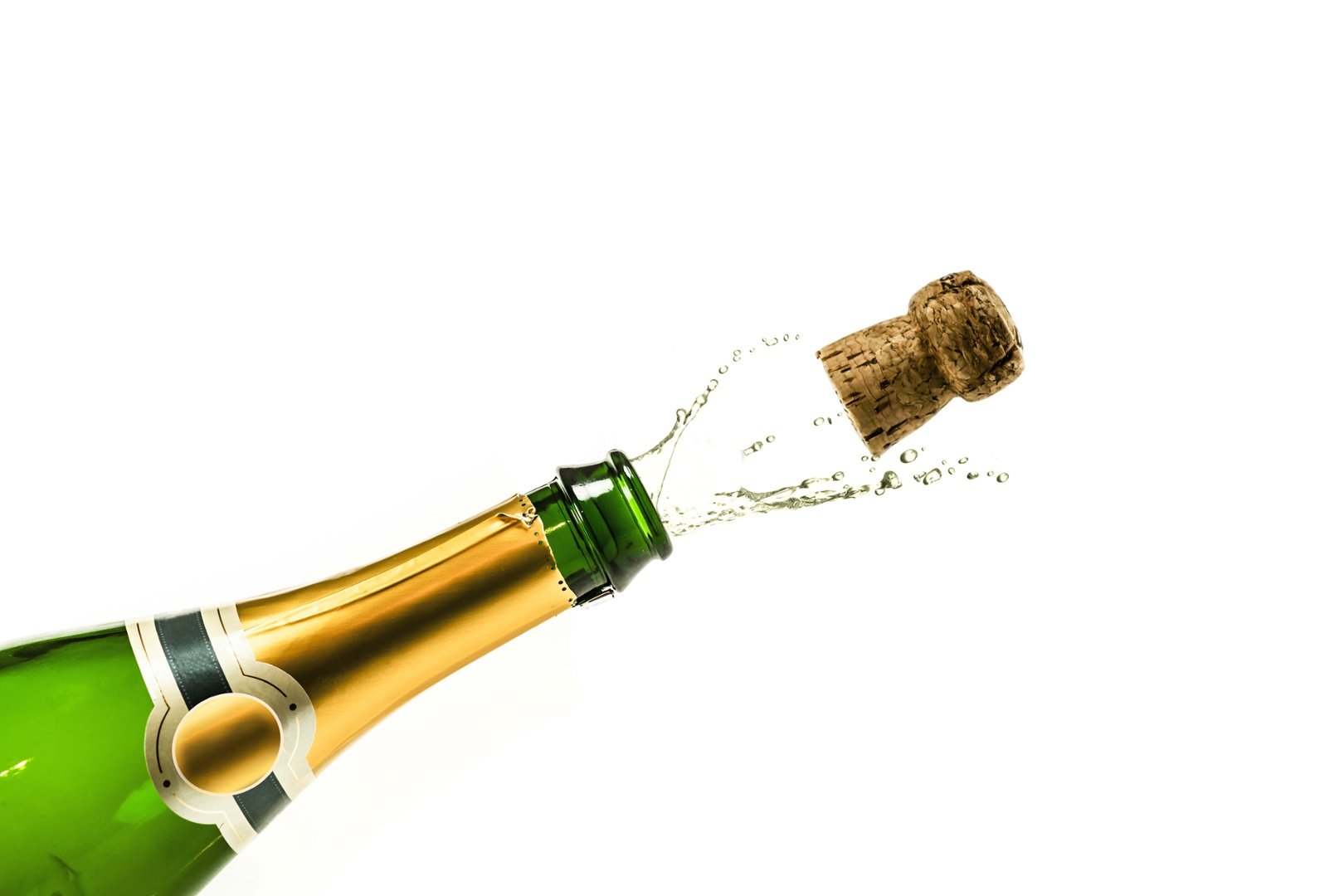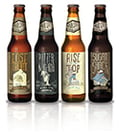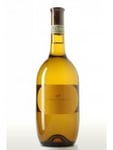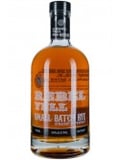3 min read
From Hurricanes to Sazeracs: Mardi Gras Cocktails with Food & Wine Pairings
Mardi Gras—also known as Fat Tuesday- is one of the world’s most iconic celebrations. Known as Carnival in many...
By: Beau Farrell on November 28, 2022

Have you ever wondered why Champagne is the go-to celebration beverage? Champagne is popped all around the world to celebrate things like the start of a new year, a marriage, the birth of a baby, or even a job promotion–but why? Here’s an explanation of the indoctrination of Champagne becoming a celebratory beverage.
The first documentation of lifting a glass of Champagne in celebration dates back to 5th century France to King Clovis. During his reign, King Clovis I united all Franks under one union, creating “The Kingdom of the Franks” which would later become modern-day France as we know it.
It goes without saying that he was an important guy, so when it came to celebrating his First Communion as King, the kingdom lifted glasses filled with local wine (which happened to be from the Champagne region) in good health to him. This was the first-ever record of Champagne being used to celebrate.
Subsequently, Champagne became popular among French royals. Those that survived the French Revolution celebrated their victory with Champagne, too. As the cost of Champagne decreased, more average members of society could afford it, but it still wasn't affordable enough to enjoy every day. Instead, people would purchase a bottle of bubbly to celebrate a special occasion.
Over time, the bubbly beverage became more and more affordable, but the sentiment remained and is still used for celebrations today.
This question has plagued many a party planner: Is there a difference between Champagne and sparkling wine? One central reason for the distinction is that French law mandates true Champagne can only be made in the Champagne region of France, as determined by Appellation d’origins Controlée in 1936. The specific grapes used to create these wines of dry, bright, mineral flavors must adhere to a limited selection. The grapes most commonly used in Champagne are:
Sometimes producers will also use:
Think of Champagne as one specific, high-quality type of sparkling wine. But remember—sparkling wine is not always Champagne. You may run across similar flavor profiles and grapes in sparkling wines that aren’t from the Champagne region rendering them not Champagne. Don’t be ashamed to admit you may love other sparkling wines more, such as bubbly versions like Brut and Rosé. These sparkling wines are worth checking out as well:
With that, let’s raise a glass to King Clovis for perhaps unintentionally bestowing upon the world a great celebratory beverage. To learn all there is to know about our beloved bubbly, check out our Champagne Guide, or take a copy to go below!




Feb 16, 2026by Ted Farrell
Mardi Gras—also known as Fat Tuesday- is one of the world’s most iconic celebrations. Known as Carnival in many...
Feb 7, 2026by Ted Farrell
The world is getting ready for the 2026 Winter Olympics, hosted in northern Italy in the stunning cities of Milan and...
Feb 3, 2026by Ted Farrell
Are you single and not-so-ready-to-mingle? Planning a solo movie marathon? Celebrate Valentine's Day with a little bit...